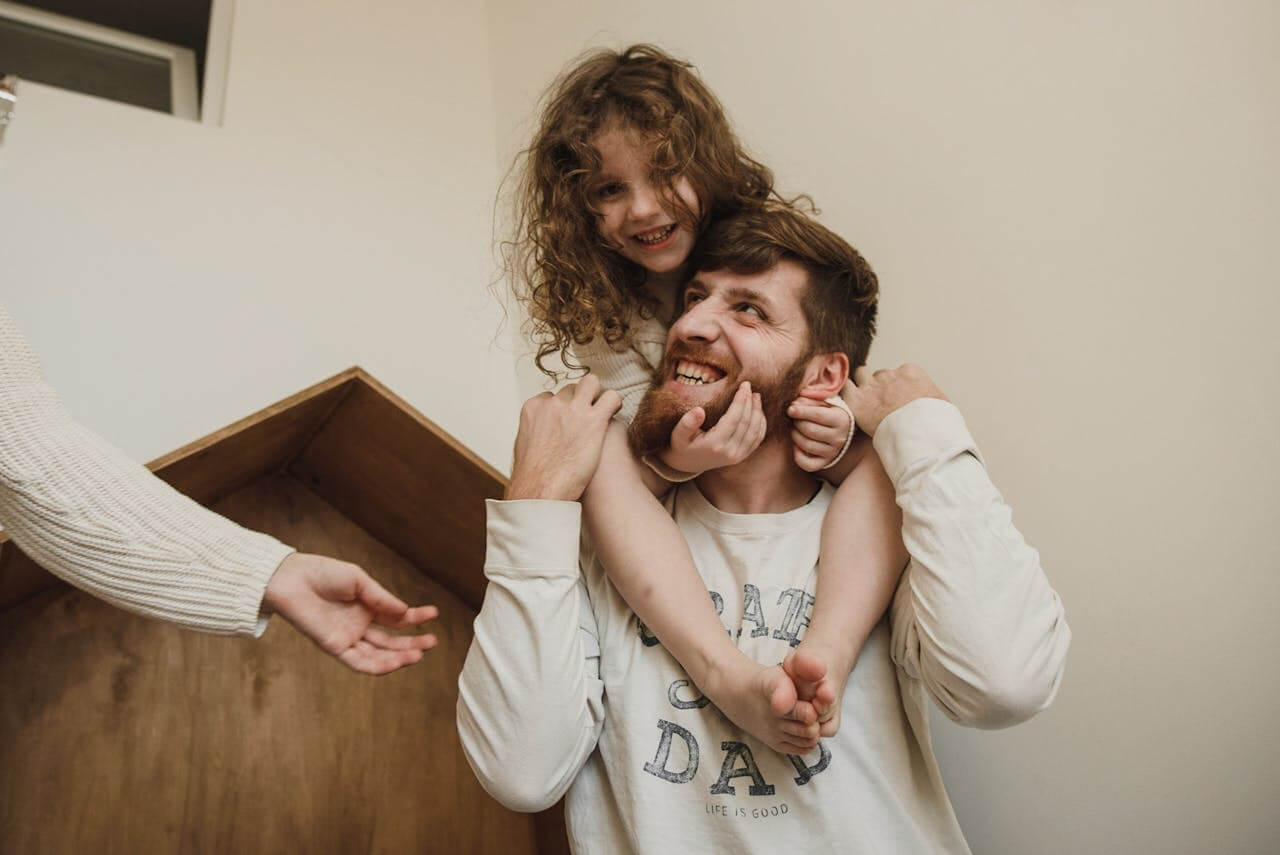Powerful positive affirmations for kids
In a Nutshell
Affirmations help kids talk to themselves with kindness and confidence, even as they grow older and shape new internal narratives.
When used in everyday moments, simple affirmations boost their self-trust and sense of emotional safety.
Every child deserves to feel safe, heard, and valued. That sense of emotional safety is at the heart of strong mental health.
While there are many ways to support this, one gentle tool is the use of affirmations: short, encouraging phrases that help kids build confidence and trust in themselves.
Let’s look at how affirmations can support your child’s wellbeing, and explore a wide range of practical, age-appropriate examples you can start using today.
Why affirmations matter
Positive affirmations encourage children to speak kindly to themselves and believe they can grow, learn, and face challenges. They’re especially helpful for:
Building self-esteem and inner confidence
Encouraging a growth mindset
Reinforcing kindness to self and others
Supporting emotional regulation and resilience
When these phrases are repeated regularly and come from a trusted adult, they can help shape a stronger, more compassionate inner voice.
Related: Infant and children mental health
How to use positive affirmations at home
Keep it simple and consistent. You don’t need a special, dedicated time; simply make affirmations a part of your morning routine, lunchbox notes, after-school check-ins, or bedtime or breakfast chats.
Use phrases that feel natural for your child’s age and personality. You can start by saying them together, or model them yourself: “I’m doing my best today, and that’s enough.” Over time, your child may begin using them on their own.
If they resist or feel awkward, that’s okay. You can ask, “What would feel more true for you today?” and adapt the language. The goal isn’t to force it, but to offer a way to build self-trust and emotional support.
Examples of positive affirmations for kids
These affirmations can be spoken aloud, written down, or turned into fun notes or artwork. Choose the ones that feel most meaningful for your child, and make them part of your everyday rhythm.
Affirmations to build confidence
I am strong and capable
I can try, even when it feels hard
I believe in myself
I can speak up when something doesn’t feel right
I’m proud of who I am
I’ve got what it takes
I can do brave things
I trust myself to make good choices
I learn and grow every day
I don’t have to be perfect to be amazing
Affirmations about emotional safety
My feelings matter
It’s okay to feel what I feel
I can ask for help when I need it
I’m allowed to take up space
I am safe, loved, and cared for
It’s okay to make mistakes; I can try again
I’m allowed to say no when I need to
I’m not alone, even when I feel sad
I can take deep breaths when I feel overwhelmed
I’m supported, even when things are tough
Affirmations about kindness and empathy
I am kind to myself and others
I listen with care
I can be a good friend
I treat others how I want to be treated
I can forgive myself and others
My words can help people feel better
I can make the world a little better today
I am thoughtful and caring
I can stand up for what is right
I choose kindness, even when it’s hard
Affirmations for calming anxious thoughts
I can get through this one step at a time
I’ve handled hard things before
It’s okay not to have all the answers
I can pause and take a breath
I am more than my worries
I can let go of what I can’t control
My thoughts aren’t always facts
I’m safe right now
I can focus on what I need today
I’ll be okay, even if today is a bit wobbly
Affirmations for creating a sense of worth
I deserve love, care, and respect
My voice matters
I’m allowed to take up space
I bring something special to the world
I’m doing the best I can
I matter, no matter what
I’m learning, and that’s something to be proud of
I’m important to the people who love me
Who I am is just right for today
Related: Inspirational quotes for kids
When affirmations become part of your child’s daily rhythm, they help shape an inner voice that’s kind, resilient, and grounded. With consistent practice, these simple phrases can make a big difference in how children see themselves, especially during moments of doubt or stress.
And remember, affirmations are most powerful when used alongside open conversations, listening, and support. If your child is showing ongoing signs of anxiety, low self-esteem, or emotional distress, speaking with a child therapist can be a helpful next step.
Get Support
Get help for your child and book a free video consultation with one of our therapists
Essential Reading about Child or Adolescent
Child Therapy Available Now
NSW
Psychologist
Hi! I'm Zac, and I've been practising since 2017 through the NDIS for psychology and Behaviour Support. I have a Masters in Applied Behaviour Analysis and have worked wi...More
NSW
Psychologist
I offer a calm, authentic space where clients can explore their inner world, grow at their own pace, and build resilience in ways that feel right for them. My work is gro...More








